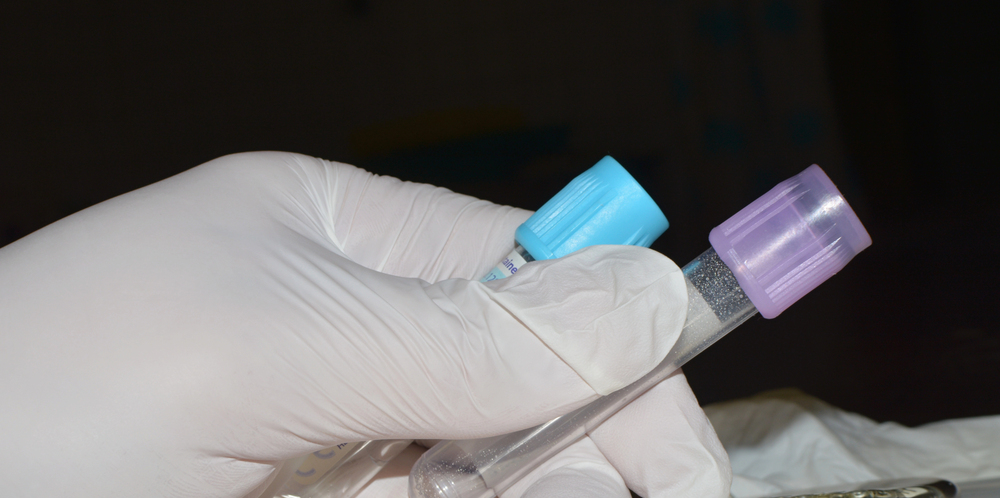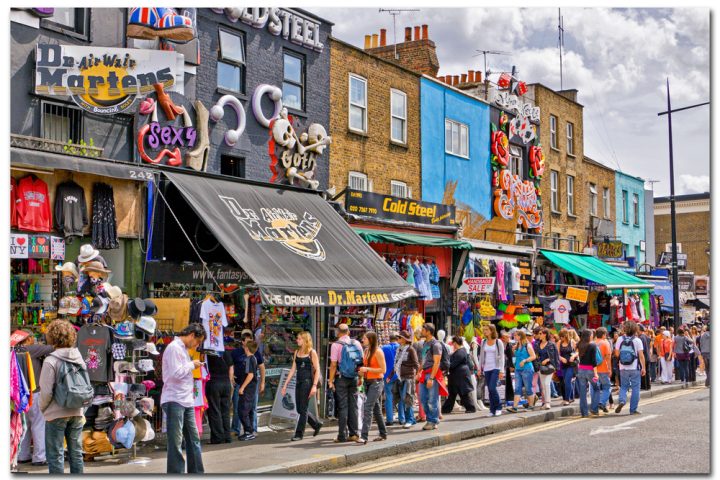If you’ve decided that rehab is the right next step, the big question becomes: where should you go? In a city as big as London, there are a lot of choices – from NHS services to luxury private clinics – and it can feel overwhelming trying to work out which one is actually right for you.
The truth is, not all rehabs are the same. They may offer similar services on paper, but the experience, quality of care, and outcomes can vary quite a bit. So it’s worth taking the time to look beyond the brochure and think about what really matters for your recovery.
Here’s a guide to what you should consider when choosing a rehab in London, and what to expect along the way.
More Than Just a Detox
A lot of people imagine rehab as simply a place to stop using and get clean, a sort of extended detox. While detox is a key part, especially if you’re using substances like alcohol, heroin or ketamine, it’s just the first stage.
Good rehab is about more than just stopping. It’s about understanding why you started, what kept the cycle going, and how to stay clean when you leave. That means therapy, structure, and support, not just medication and rest.
When choosing a London rehab, look for a place that offers a full recovery programme, not just a short-term fix.
Key Things to Consider
Here are some of the most important elements to look out for when comparing rehab options. These can make a real difference in how supported and safe you feel during your stay.
| What to Look For | Why it Matters |
| Medical detox support | Especially important if withdrawal symptoms could be risky or uncomfortable |
| Therapy options | Group and one-to-one therapy should be part of the core programme |
| Qualified staff | Look for trained counsellors, doctors, and recovery specialists on-site |
| Aftercare planning | Support after rehab is just as crucial as the time spent inside |
| Length of stay flexibility | Some people need 28 days; others may need 60 or 90. Flexibility is key |
| Location and setting | Some do better close to home; others benefit from stepping away from daily life |
| Dual diagnosis treatment | f you also deal with anxiety, depression or trauma, this is especially important |
Environment Matters Too
The atmosphere of rehab can shape your whole experience. Some are very clinical, while others aim for a more relaxed, homely setting. Ask yourself what kind of environment would make you feel most comfortable: calm and quiet or social and active?
If you’re looking in London, Gladstones Clinic, for example, offers a residential rehab programme in a discreet and supportive setting, with a focus on combining therapy with everyday structure and lifestyle support.
They treat a range of issues, including complex substance use like long-term ketamine dependency, and they also include holistic therapies and a strong aftercare focus.
Questions to Ask Before You Choose
Before making a decision, try to ask these questions either over the phone or in person if you’re visiting a centre:
- What’s included in the treatment plan?
- Is detox support available on-site?
- What kind of therapy is offered, and how often?
- How is relapse prevention handled?
- Is family support or therapy part of the programme?
- What happens if someone relapses during treatment?
- What’s the plan once I leave rehab?
A good clinic will be open and honest with you. If they’re vague or make promises that sound too good to be true, it’s okay to keep looking.
Please Don’t Be Rushed
You might feel a lot of pressure to choose quickly, especially if things feel urgent. But unless you’re in immediate danger and need a hospital detox, it’s okay to take a moment. Choosing the right rehab isn’t just about availability. It’s about the right fit.
If cost is an issue, NHS and charity-run services are a great place to start. They may not always offer residential rehab straight away, but they can provide solid outpatient support and refer you on if needed.
If you’re going private, try not to just pick the first one that comes up on Google. Take the time to speak to a few clinics, ask questions, and get a sense of what feels right.
Think About Life After Rehab
One of the most important parts of any rehab is what happens after you leave. The best centres won’t just send you on your way. They’ll offer structured aftercare maybe weekly sessions, support groups, check-ins, or even access to staff if things get difficult.
Having that ongoing support can be the difference between relapse and resilience. Because the real work of recovery often starts when you walk out the front door and head back into the world.







